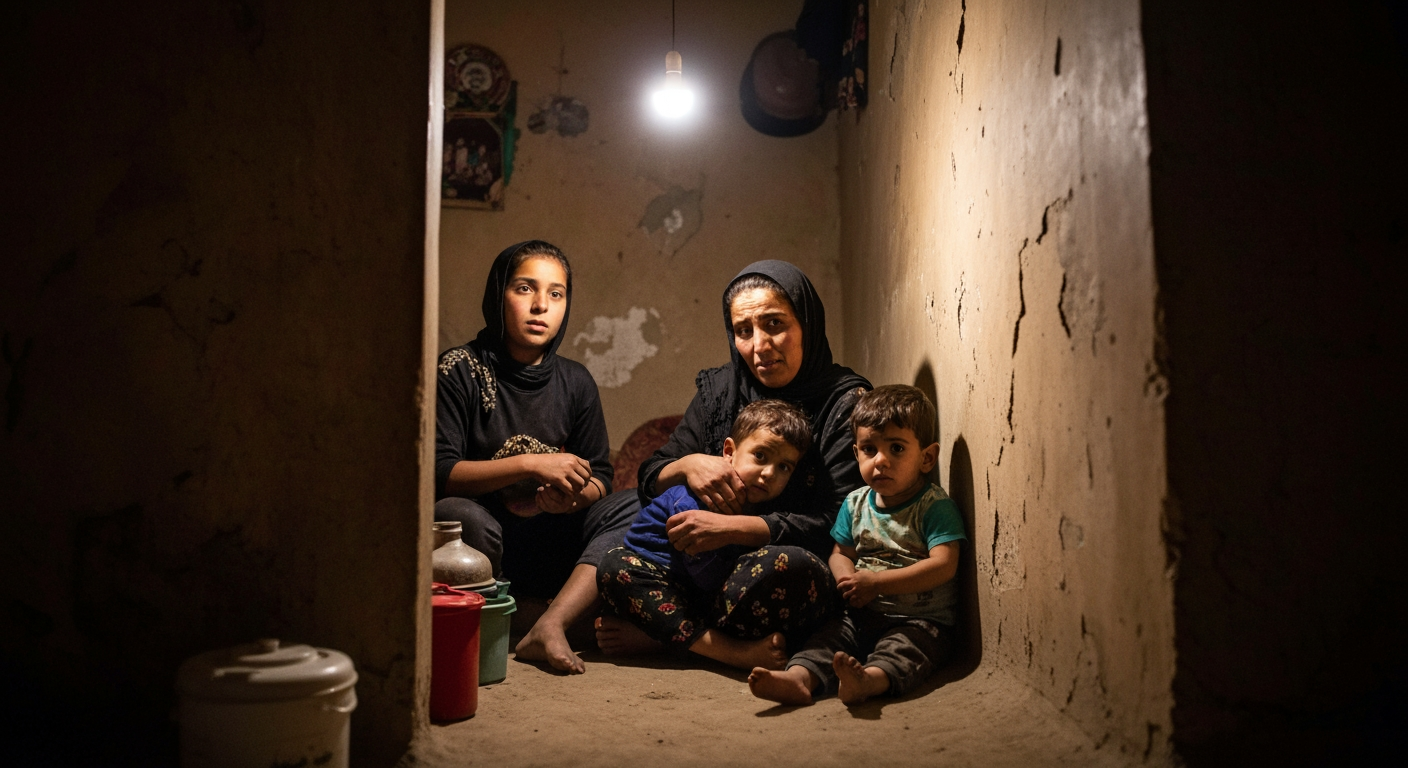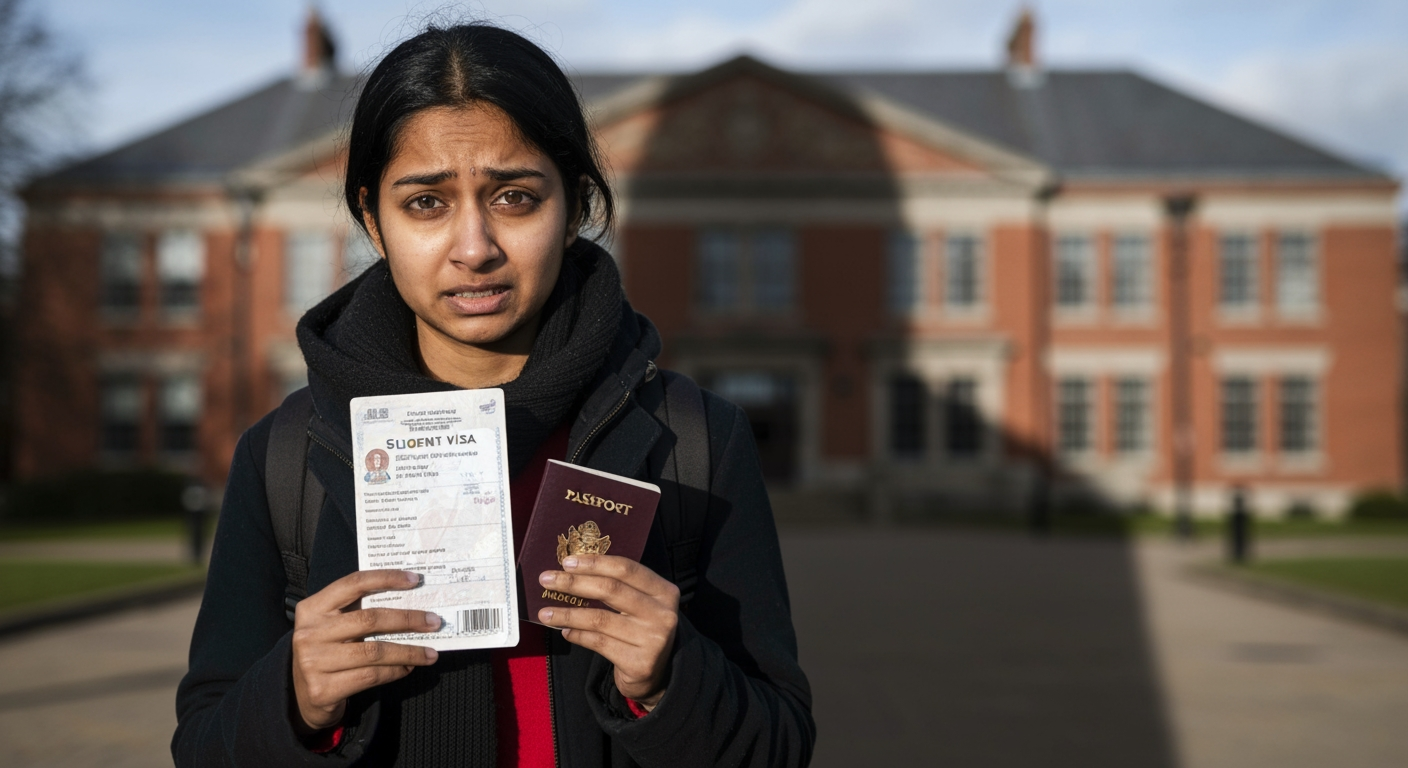Hungarian MEP Warns Against Complacency: 'We Took Democracy for Granted'

In a stark warning echoing across Europe, a Hungarian Member of the European Parliament is urging vigilance in the face of rising authoritarianism, cautioning that democratic values, once taken for granted, are now under serious threat. Klára Dobrev, a leading figure in Hungary's Democratic Coalition Party and a former Vice President of the European Union, is spearheading efforts to highlight the erosion of democracy within Hungary and to offer insights into resisting authoritarian tendencies gaining traction across the globe.
The Slow Erosion of Democracy
Dobrev's concerns stem from what she describes as a deliberate and systematic dismantling of democratic institutions and norms within Hungary over the past decade. Under the leadership of Prime Minister Viktor Orbán, Hungary has been criticized for its increasingly autocratic policies, raising alarms among international observers and prompting debates within the European Union about the future of democracy in the region.
The concerns highlighted by Dobrev and other MEPs include the erosion of judicial independence, restrictions on media freedom, and the shrinking space for civil society organizations. Critics argue that these measures, coupled with changes to the electoral system, have created an uneven playing field that favors the ruling Fidesz party and undermines the principles of free and fair elections.
A Hybrid Regime
The European Parliament has gone as far as to declare that Hungary can no longer be considered a full democracy, labeling it a "hybrid regime of electoral autocracy." This designation reflects the view that while elections still occur, the respect for democratic norms and standards is absent, creating a system where the ruling party maintains power through unfair means.
A report adopted by the European Parliament in 2022 condemned the "deliberate and systematic efforts of the Hungarian government" to undermine European values and demanded decisive action within the Article 7 process, which is designed to address breaches of the rule of law within EU member states. The report highlighted concerns about the functioning of Hungary's constitutional and electoral system, the independence of the judiciary, corruption, conflicts of interest, and freedom of expression.
Lessons for the World
Dobrev's message extends beyond the borders of Hungary, as she believes that the lessons learned from Hungary's experience are relevant to other countries facing similar challenges. In a recent interview, she shared insights on how to resist authoritarianism, emphasizing the importance of a strong and independent civil society, a free and pluralistic media, and an engaged citizenry willing to defend democratic values.
She argues that the rise of authoritarianism is often a gradual process, with subtle changes that can go unnoticed until it is too late. She warns against complacency and urges citizens to be vigilant in protecting their democratic rights and institutions.
The Role of the European Union
The European Union's response to the situation in Hungary has been a subject of much debate. While the European Parliament has been vocal in its criticism of the Orbán government, the EU Council, which is composed of representatives from member states, has been slower to take action.
Some critics argue that the EU's failure to act decisively has emboldened Orbán and other authoritarian leaders, sending a message that democratic backsliding will not be met with serious consequences. Others argue that the EU's tools are limited and that it is up to the Hungarian people to decide the future of their country.
Despite the challenges, Dobrev remains optimistic that democracy can be restored in Hungary and that the country can once again be a beacon of freedom and human rights. She believes that the key is to raise awareness, mobilize citizens, and work with international partners to promote democratic values and hold authoritarian leaders accountable.
A Call to Action
Klára Dobrev's warning serves as a call to action for all those who believe in democracy and the rule of law. Her message is clear: democracy cannot be taken for granted, and it requires constant vigilance and active participation to protect it from those who seek to undermine it. As authoritarianism rises in various parts of the world, the lessons from Hungary offer valuable insights into the challenges and opportunities of defending democratic values in the 21st century. The future of democracy, she suggests, depends on our willingness to learn from the past and to act decisively in the present.
Related Articles

Legality Under Scrutiny: US-Israel Strikes on Iran Spark International Law Debate
The recent coordinated military strikes by the United States and Israel against Iran have ignited a fierce international debate regarding their legality under global statutes, particularly the foundational principles enshrined in the United Nations Charter. These actions, reportedly targeting key Iranian military installations and nuclear facilities in late February and early March 2026, have been met with immediate condemnation from numerous international legal experts and some world governments, who largely contend that the strikes constitute a clear breach of international law

Iraq Navigates Perilous Path as Regional Tensions Escalate
BAGHDAD – Iraq finds itself once again at a critical juncture, struggling to maintain a delicate balance of neutrality as escalating hostilities between the United States and Iran threaten to plunge the region into wider conflict. Recent drone attacks on U.S

UK's Stricter Visa Regime Reshapes International Student Landscape
London, UK – The United Kingdom's long-standing appeal as a global education hub is undergoing a significant transformation following a series of stringent immigration policy adjustments. These changes, primarily aimed at curbing net migration, have dramatically altered the landscape for international students, most notably through severe restrictions on accompanying dependents and, consequently, led some universities to individually pause or limit admissions from specific nations deemed "high-risk" due to increased visa refusal rates